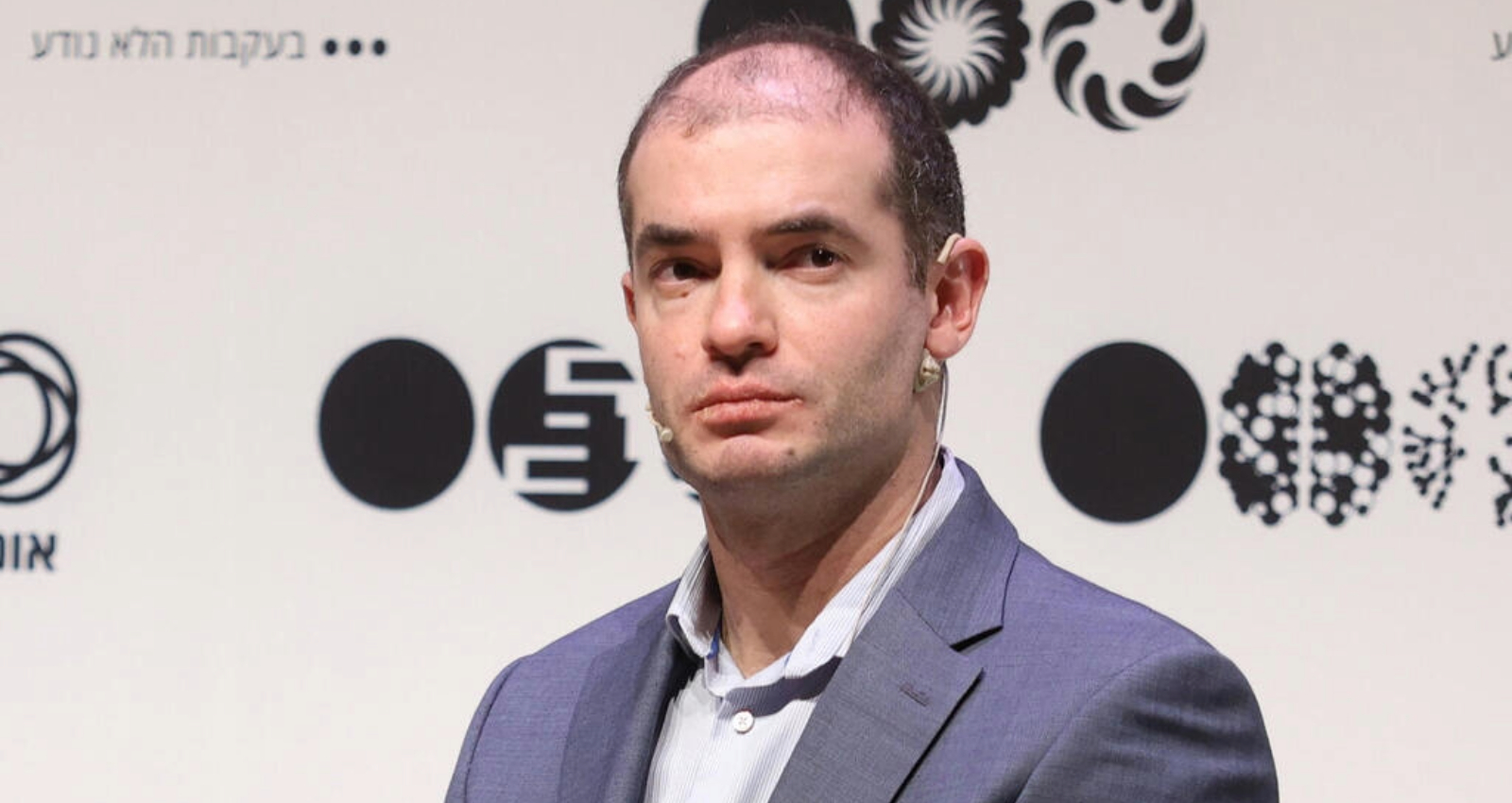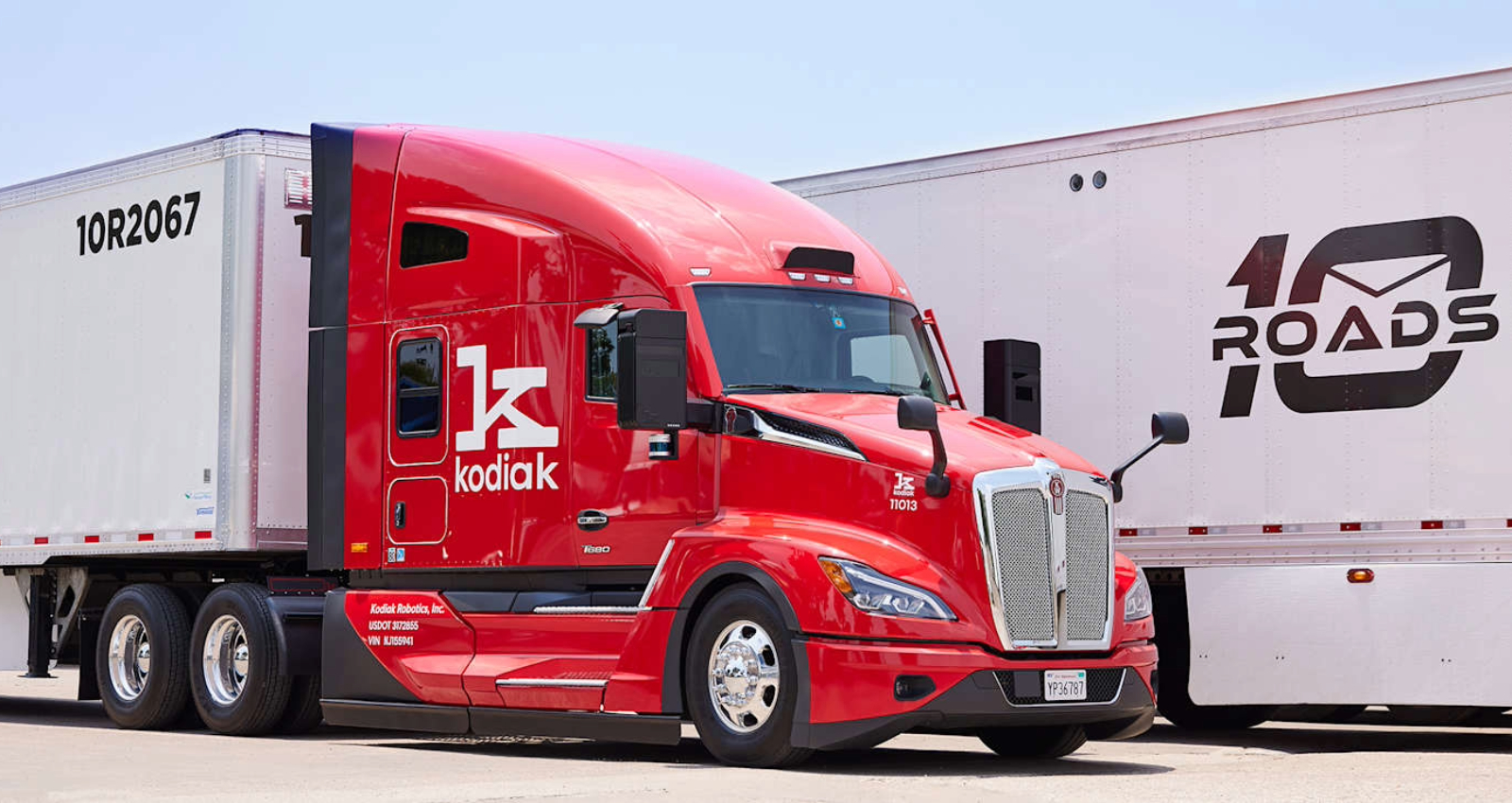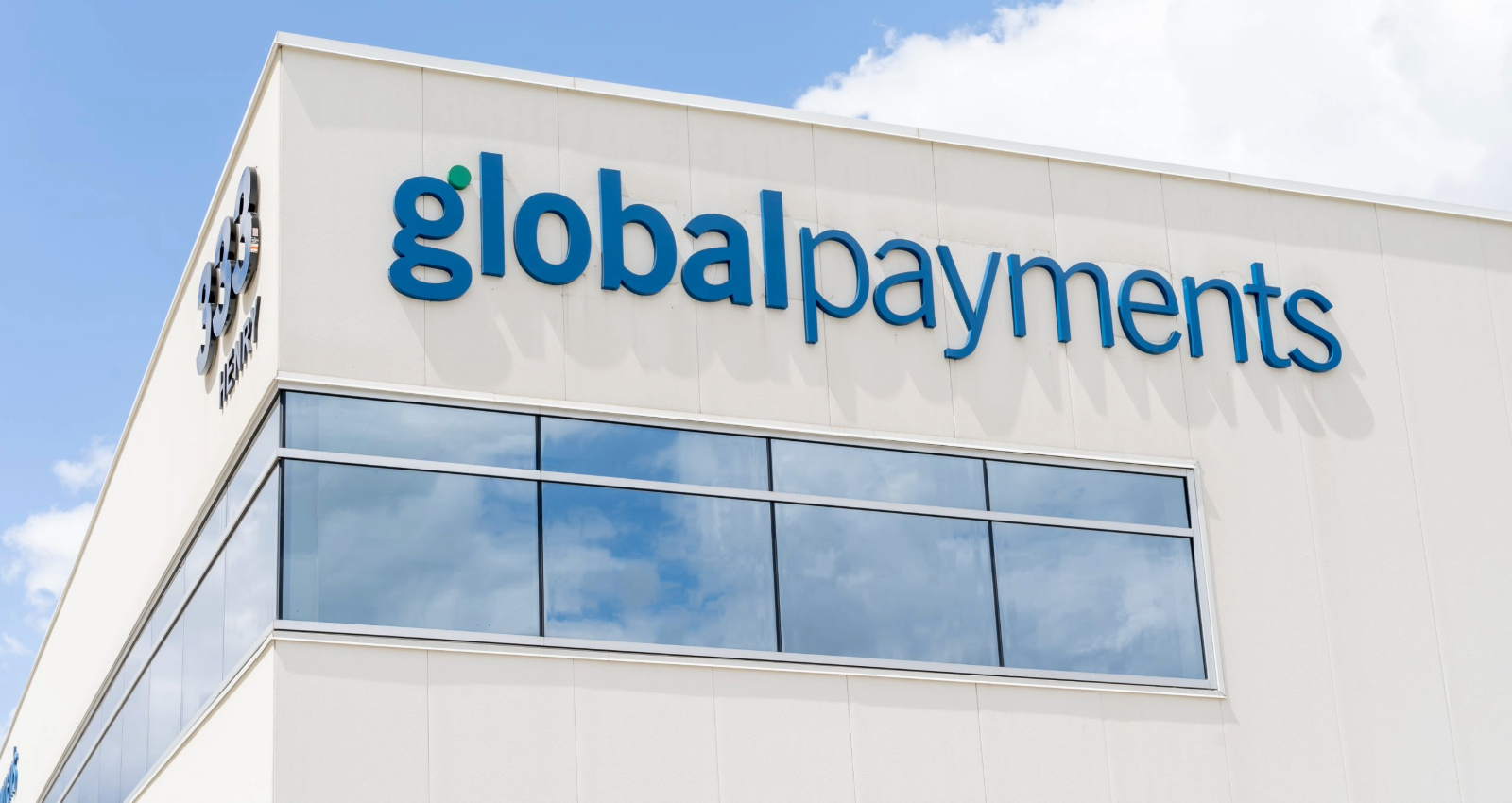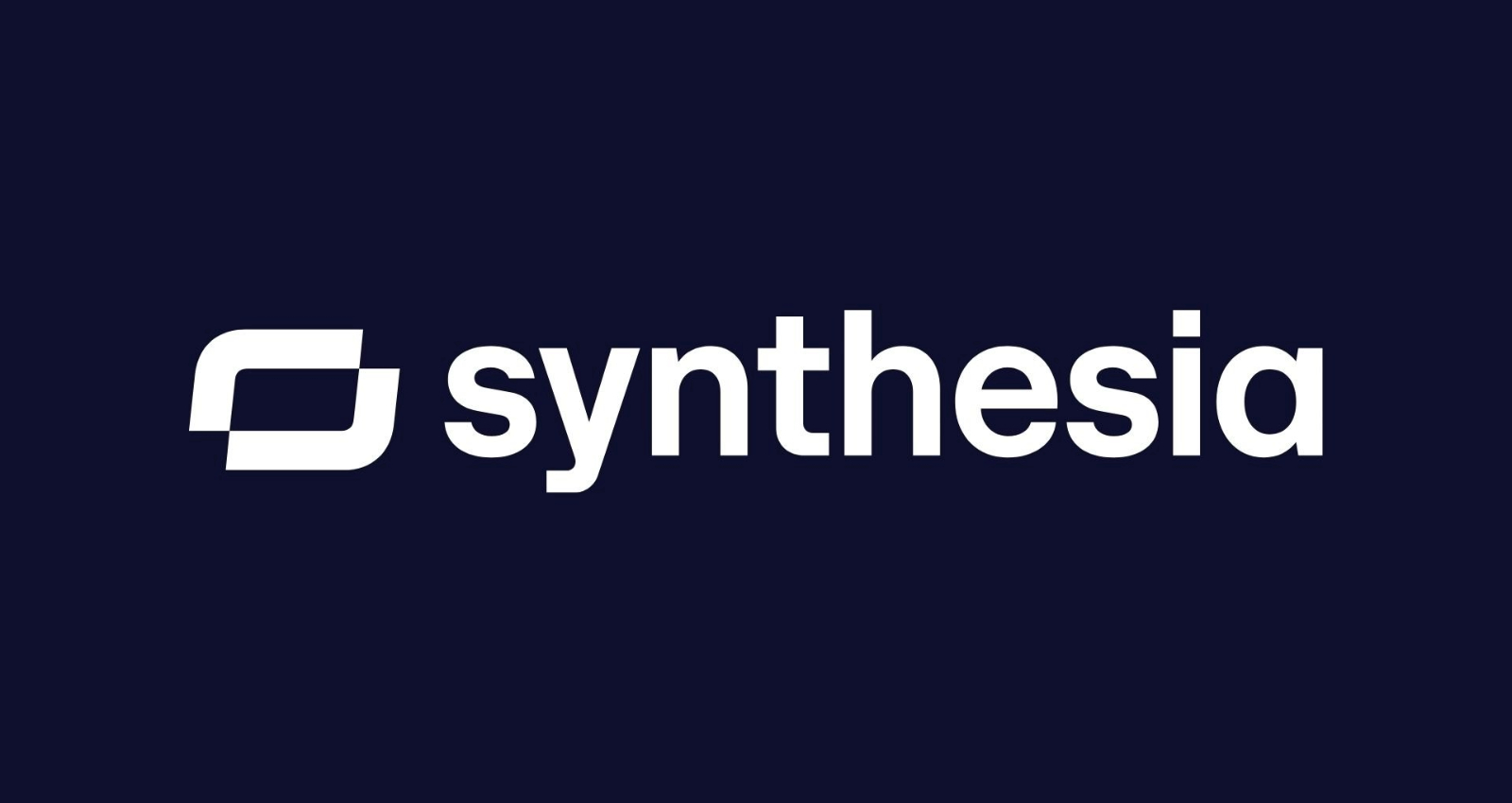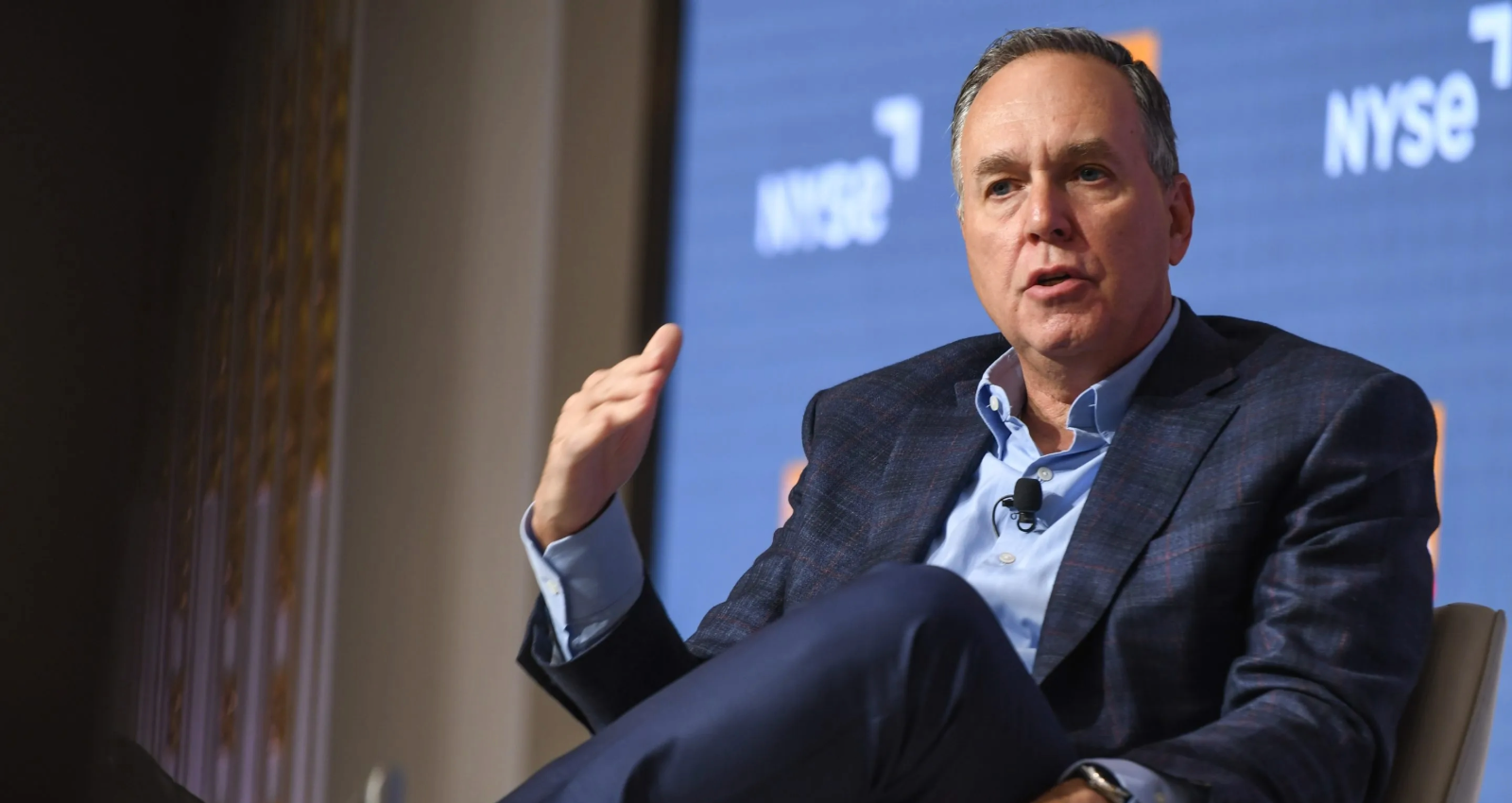- May 13, 2025
Zolve Company Raises $251M to Solve the Problem That Banks Ignore

For millions of migrants each year, the financial system hits a wall the moment they cross a border.
Credit history? Erased.
Card access? Denied.
Risk profile? Suddenly unacceptable.
This disconnect between a person’s actual creditworthiness and what traditional banks can recognize has opened the door for fintech disruptors. One in particular just cashed in on that opportunity in a major way.
Zolve, a U.S.-based startup founded by Indian entrepreneur Raghu Gangappa, has raised $251M in new funding. The Series B round includes $51 million in equity and $200 million in debt to support lending growth.
Creaegis is leading the raise, which also includes Community Investment Management. Other backers include HSBC, SBI, GMO Venture Partners, DG Daiwa, and returning heavyweights Accel, Lightspeed, Sparta Group, and DST Global.
It’s a clear signal that institutional capital is betting big on a global problem most legacy banks have failed to solve—how to make credit truly portable across borders.
Cracking The Credit Code
Zolve company launched in 2021 to address a friction point that even seasoned professionals find bewildering. Skilled migrants routinely get rejected for basic financial products simply because their home country’s credit history doesn’t “travel” with them.
Raghu knows the problem firsthand.
“When I moved to the US, a friend took me out for dinner and paid the bill in cash,” he recalls. “When I asked him why, he explained that as a recent migrant, he was finding it very difficult to get either a debit or credit card.” That’s when I realized this wasn’t an isolated issue—it was systemic.
Zolve company’s solution: a cross-border financial platform that recognizes users’ home country credit histories before and after migration. Starting with Indians moving to the U.S., the company now serves over 750,000 users.
It’s not about building a new credit score. It’s about validating the one migrants already have.
“You don’t become high-risk overnight just by relocating,” Raghu says. “I met one Indian migrant on a salary of $1.5 million but couldn’t spend more than $200 on his credit card.” The average Indian migrant in the US makes around $135,000 a year, he points out.
The Business Behind The Mission
Zolve company monetizes through interchange fees and interest on unpaid balances. With the average customer spending $1,000 monthly, each account brings in roughly $20 interchange. That’s not bad considering the company’s average customer acquisition cost is just $10, helped along by partnerships with universities, employers, and a robust referral engine.
The economics are compelling. But what’s attracting this fresh capital is Zolve Company’s plan to scale globally.
With this round, the company will expand to serve Indian migrants heading to Canada, Europe, Australia, and New Zealand. The product suite is also broadening—from credit cards into car loans and personal finance offerings.
And the long-term vision is even bigger.
Zolve company CEO, Raghu, views India as just the starting point and sees a great opportunity in enabling credit portability for migrants from everywhere.
“We wanted to make the world flatter – people should be able to move country as easily as they move city,” he said.
Why It Matters Now
Migration isn’t slowing down. In fact, it’s accelerating. And migrants—especially high-skilled ones—are a powerful, underserved demographic in financial services.
Yet, few traditional institutions have solved the trust gap.
It’s not that these individuals lack financial discipline. It’s that no one is connecting the dots between their financial lives pre- and post-move. That’s what makes Zolve company’s infrastructure play so attractive to investors.
“The financial system isn’t designed for mobility,” Raghu pointed out. “We’re changing that by giving migrants access to credit and banking from day one.”
The Competitive Frontier
Zolve company isn’t alone in this space. Nova Credit and Stilt are exploring similar cross-border data solutions. But where others license credit data, they own the customer experience end-to-end.
That gives it more control—and more monetization opportunities—as it builds what could become the de facto financial platform for global citizens.
And with a product already sticky among Indian migrants, it has a first-mover advantage in one of the world’s largest and most mobile talent pools.
What Comes Next
Zolve company raises $251M, positioning the startup to scale rapidly, though it must still navigate regulatory frameworks across multiple continents and maintain underwriting discipline as it expands its loan book.
Still, the timing is right. Policymakers are increasingly focused on financial inclusion. Banks are under pressure to modernize. And migrants, tired of being treated like credit risks just for moving, are actively looking for alternatives.
Zolve company is betting it can be that alternative.
And if it succeeds, it won’t just be a fintech success story. It’ll be a blueprint for what borderless finance could look like in a global world.




